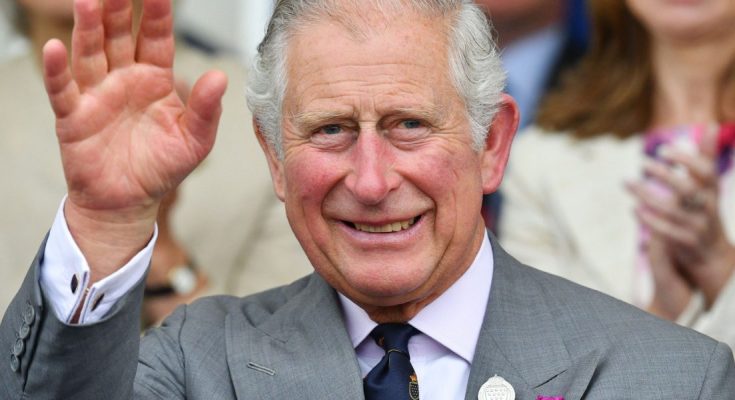In a year marked by economic uncertainty, political reform, and shifting societal values, the 2025 Sunday Times Rich List paints a revealing portrait of Britain’s wealth elite. For the first time in years, the number of billionaires residing in the UK has dropped, while King Charles III has made an unexpected leap up the financial hierarchy, showcasing a dramatic reversal of fortune—both literally and symbolically.
The Monarch’s Modern Fortune
King Charles III, traditionally seen as a custodian of royal wealth rather than a personal beneficiary, has surprised many observers with his growing personal fortune. The monarch’s net worth now stands at an estimated £640 million, reflecting a £30 million increase over the past year.
This boost is largely attributed to his direct inheritance of private estates such as Sandringham House and Balmoral Castle, previously owned by Queen Elizabeth II. Unlike assets such as Buckingham Palace and Windsor Castle, which are held in trust by the Crown Estate, these properties are personally owned, complete with expansive landholdings and valuable agricultural leases.
Moreover, the King’s prudent financial management—often overshadowed by his environmental activism and ceremonial role—has garnered quiet admiration in elite financial circles. His Duchy of Cornwall portfolio, which was transferred to Prince William upon the Queen’s death, had long been considered one of the most efficiently managed royal assets. That same financial ethos now appears to be enriching Charles himself.
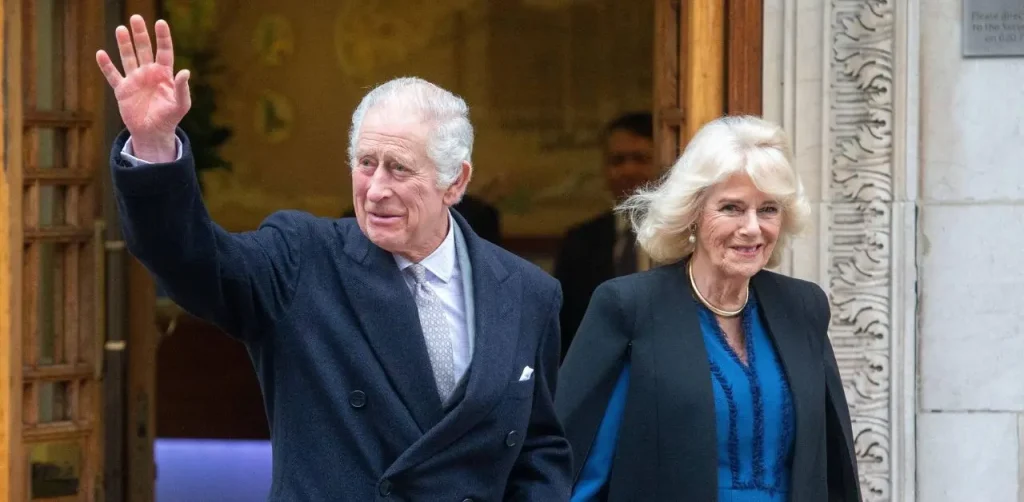
A Declining Billionaire Class
While the King climbs, others fall. For the first time in over a decade, the Rich List reveals a decline in UK-based billionaires, with the number falling from 165 in 2024 to 156 in 2025. The trend reflects not just economic headwinds but a structural change in how the ultra-wealthy perceive Britain as a financial base.
Central to this shift is the abolition of the non-dom tax status, a long-controversial policy that allowed wealthy foreign nationals to avoid paying UK tax on overseas income. With the current government’s crackdown on tax loopholes, several high-net-worth individuals have reportedly relocated to more favorable jurisdictions such as Dubai, Monaco, and Singapore.
“This is not just about policy; it’s about perception,” says Marina Holt, an economist at the London School of Economics. “The UK is no longer seen as a tax haven for the rich. That’s a cultural shift as much as a financial one.”
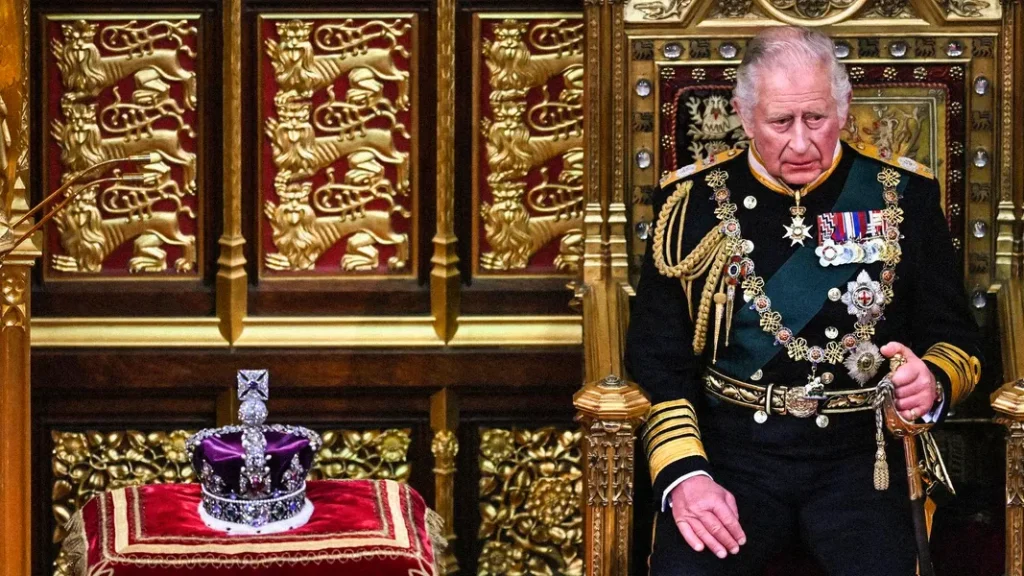
The Rise of “New Rich” and Generational Wealth
Even as some traditional billionaires exit the stage, a new generation of wealth creators is stepping into the limelight. Entrepreneurs in tech, clean energy, and e-commerce are slowly replacing old-guard magnates from fossil fuels and heavy industry.
Notably, Georgia Toffolo, a reality TV star turned businesswoman, and her husband, BrewDog co-founder James Watt, have made their debut on the “40 Under 40” wealth list with a combined net worth of £425 million. Their story is emblematic of a broader trend: fame and innovation now blend into lucrative business models more rapidly than ever before.
Pop star Dua Lipa, at just 29 years old, is another standout figure. Her fortune, estimated at £115 million, places her among the richest self-made individuals under 30 in the UK. While music remains her main income stream, brand partnerships, a burgeoning production company, and shrewd property investments are solidifying her long-term financial standing.
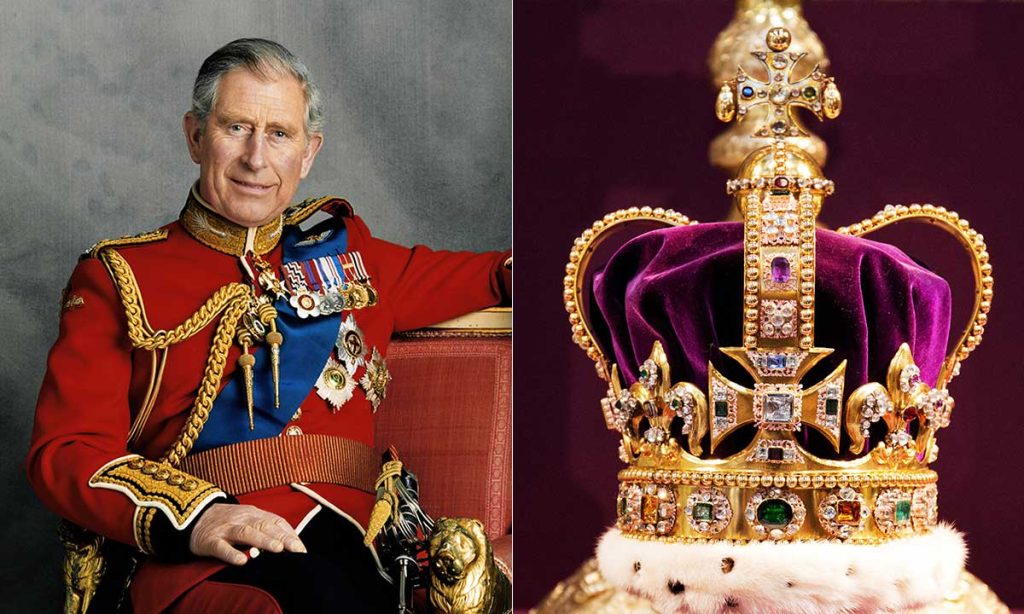
Scotland’s Silent Titans
Meanwhile, north of the border, Scotland’s rich list continues to be dominated by less public but no less powerful figures. Danish fashion billionaire Anders Holch Povlsen remains the wealthiest individual in Scotland with a personal fortune of £7.7 billion, thanks in part to his substantial land ownership and holdings in online fashion retailer ASOS.
Following closely is whisky magnate Glenn Gordon, whose family’s William Grant & Sons distillery empire—makers of Glenfiddich and Hendrick’s Gin—has weathered global inflation to post robust earnings. His family’s fortune stands at £6.4 billion, a testament to the staying power of heritage brands in turbulent markets.
Celebrities, Royals, and the Image of Wealth
Perhaps most intriguing in this year’s report is the intersection of royalty, celebrity, and public perception. Former footballer David Beckham and fashion designer Victoria Beckham now command a combined fortune of £500 million—almost the same as the monarch’s. Their wealth spans fashion, media, endorsements, and equity stakes in businesses like Inter Miami CF.
This convergence of royal and celebrity wealth signals a broader shift: traditional institutions are now sharing the spotlight with modern cultural icons. While King Charles’s ascent is rooted in heritage and property, the Beckhams and their ilk rise through brand building and cultural influence.
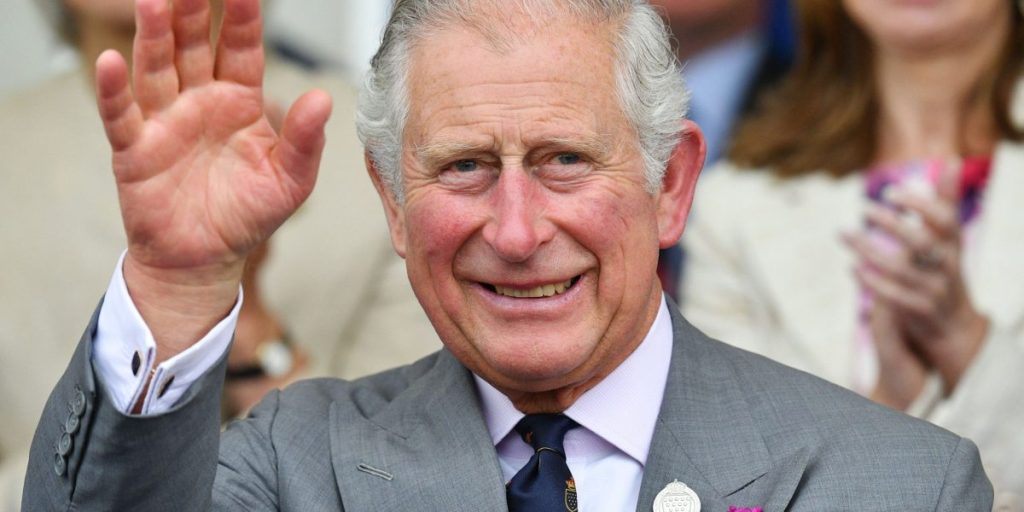
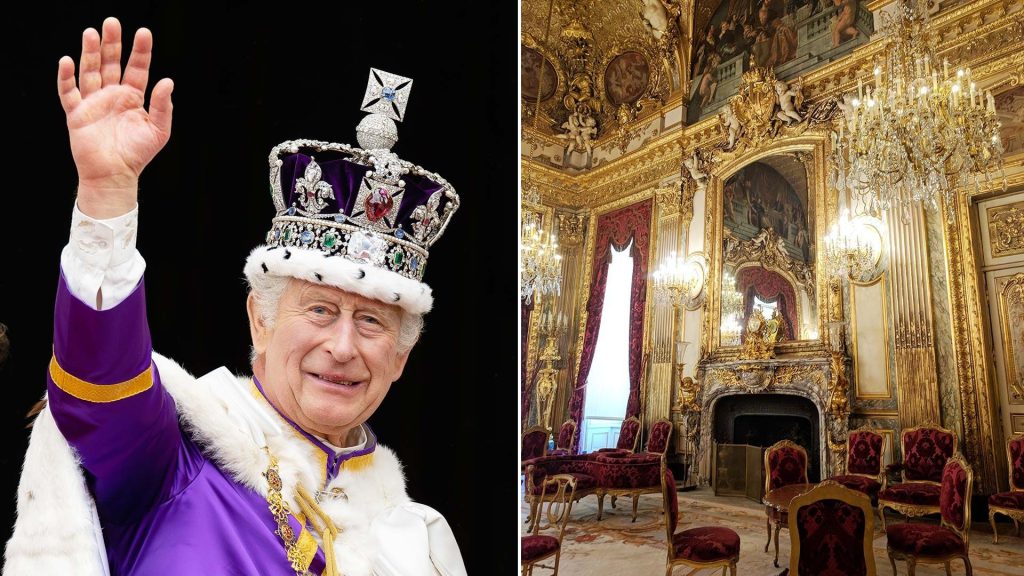
A New Era of Wealth Accountability?
The shrinking of the UK’s billionaire class, while notable, may not be cause for universal concern. For years, critics have warned that unregulated ultra-wealth could corrode democracy, reduce social mobility, and widen inequality. The departure of tax-averse billionaires could usher in an era where wealth is more transparently earned and equitably taxed.
There’s also growing pressure on the rich—royal or otherwise—to demonstrate social responsibility. King Charles has pledged to increase funding for climate initiatives and community development projects across the UK. Meanwhile, new tech millionaires often tout ESG (Environmental, Social, and Governance) principles as central to their business models.
Conclusion: From Crown to Capital
The 2025 Sunday Times Rich List is more than a tally of fortunes—it’s a mirror reflecting Britain’s changing relationship with wealth. As billionaire numbers dwindle and the King ascends in financial stature, a quiet but profound transformation is taking place.
Wealth in the UK is no longer just inherited or offshore—it’s built through innovation, cultural capital, and public accountability. Whether this trend endures or reverses remains to be seen. For now, however, King Charles sits not only on the throne—but near the top of the Rich List as well.
